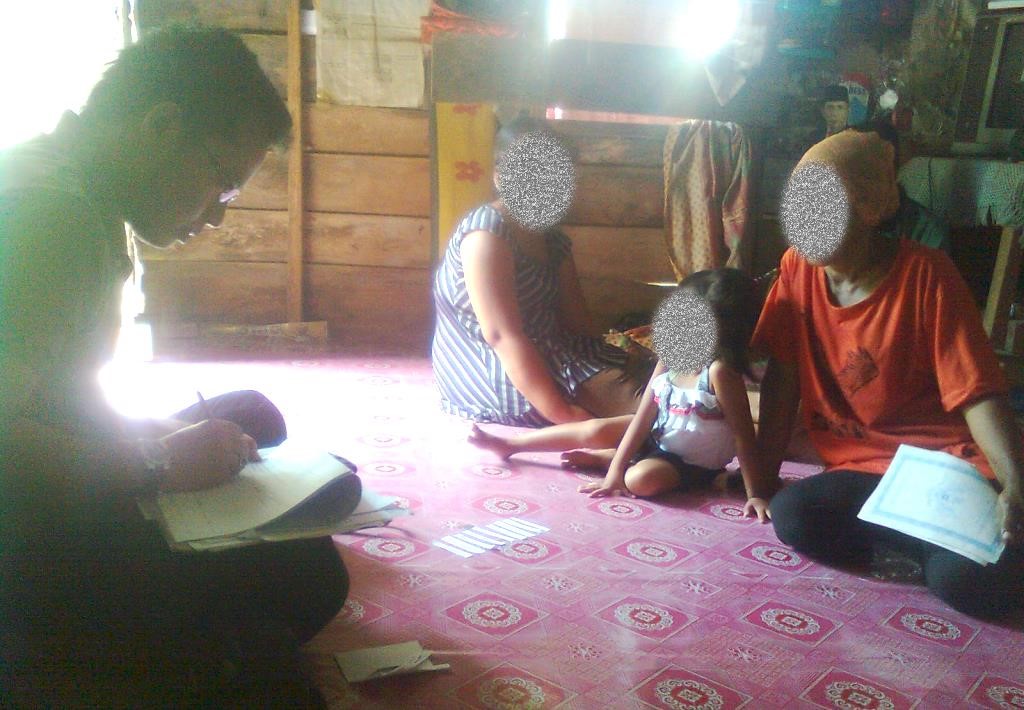Indonesian Household Socio-Economic Survey (SUSETI) alias Midline Survey (RASKIN) 2013
Sunday, 09/06/2013SurveyMETER

The Midline (2nd continuation) of The Indonesian Household Socio-Economic Survey (SUSETI) or also known as the RASKIN Survey (SUSETI-RASKIN) was conducted from April to May 2013 persisting the Baseline Survey held from September to December 2012. Similar to the baseline survey, SurveyMETER was again entrusted to carry out research by The Jameel Poverty Action Lab (J-PAL) and the National Team for the Acceleration of Poverty Reduction (TNP2K) in this Midline survey. The specific objectives of this study were, among others, to test the use of the Raskin identity card for the effectiveness of the distribution of rice aid in the Raskin program.
It was held in 6 districts/cities in 3 provinces, namely, South Sumatra (Palembang city and Ogan Komering Ilir district), Lampung (Bandar Lampung city and Central Lampung district), and Central Java (Wonogiri and Pemalang districts). It was conducted in 572 rural/urban villages. There are 48 villages in Palembang city, 145 villages are in Ogan Komering Ilir district, 87 villages are in Bandar Lampung city, 96 villages are in Central Lampung district, while 100 villages in Wonogiri district, and 96 villages in Pemalang district.
The target number to interview households in each enumeration area in this midline survey is differentiated by province. Assigned that interview targets in an enumeration area were 9 households and one community in the province of South Sumatra, 11 households and one community in Lampung, and 10 households and one community in Central Java. So overall, 5,710 households and 572 community respondents should have been interviewed.
The stages of preparation for this survey commenced from testing the questionnaire on 5, 6, 10, 13 March in Jenengan hamlet, Maguwoharjo village, preparation of training and field equipment logistics to training for prospective field assistants at Sriwedari Hotel Yogyakarta and Andalas Permai Hotel Bandar Lampung carried out in parallel on March 18-25, 2013, while the implementation of field data collection in the span of 27 March 2013 to 20 May 2013 for each province differs according to the embarking assignment time to the field, the number of enumeration areas covered, the number of teams, and the number of target households to interview in each enumeration area. (JF)